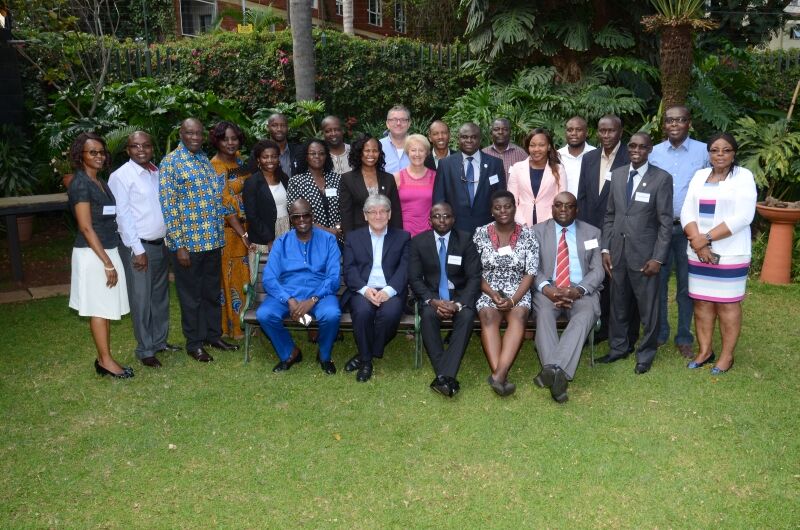

Succesfull workshop to boost skills development
Not only in Europe skills mismatch and skills shortages have a serious impact on the economic development. Also Africa struggles with the issue. In Tanzania for instance, 40% of all companies consider skills mismatches as one of the major deficiencies in the business environment.
The workshop’s main objective was to identify, with board and staff members of 9 national employers’ organisations (English speaking West and East Africa) more precisely what the precise issues are, and to exchange on what employers already do, and can develop more in the future, as proper actions to improve the development of adequate skills in their countries.
As far as the problem analysis was concerned, the employers organisations mainly stressed the importance of the skills issue at the entrants level within companies: the output of schools is inadequate both from a quantitative and a qualitative viewpoint. Improving the quality of mainly technical and vocational education, ensure a more labour market oriented approach, in which also more work experience would be provided for, via adapted formulas of work based training or apprenticeships, ranked high on the agenda of ideas for improvement and concrete action.
The workshop also discussed the ways to reach such constructive input from the employers world: examples of advocacy, lobbying, and initiatives by companies in the framework of their corporate social responsibility activities were exchanged and discussed. Also the Dutch good practice of cooperation between (technical) schools and local communities and sectors were shown. It struck also that social dialogue, which is a prominent method to achieve progress in linking employment and education in Europe, is hardly used in Africa. These and other tendencies in this complex, important and vast area are to be explored further, since skills development will be a spearhead activity of DECP in Africa in 2018 and beyond.